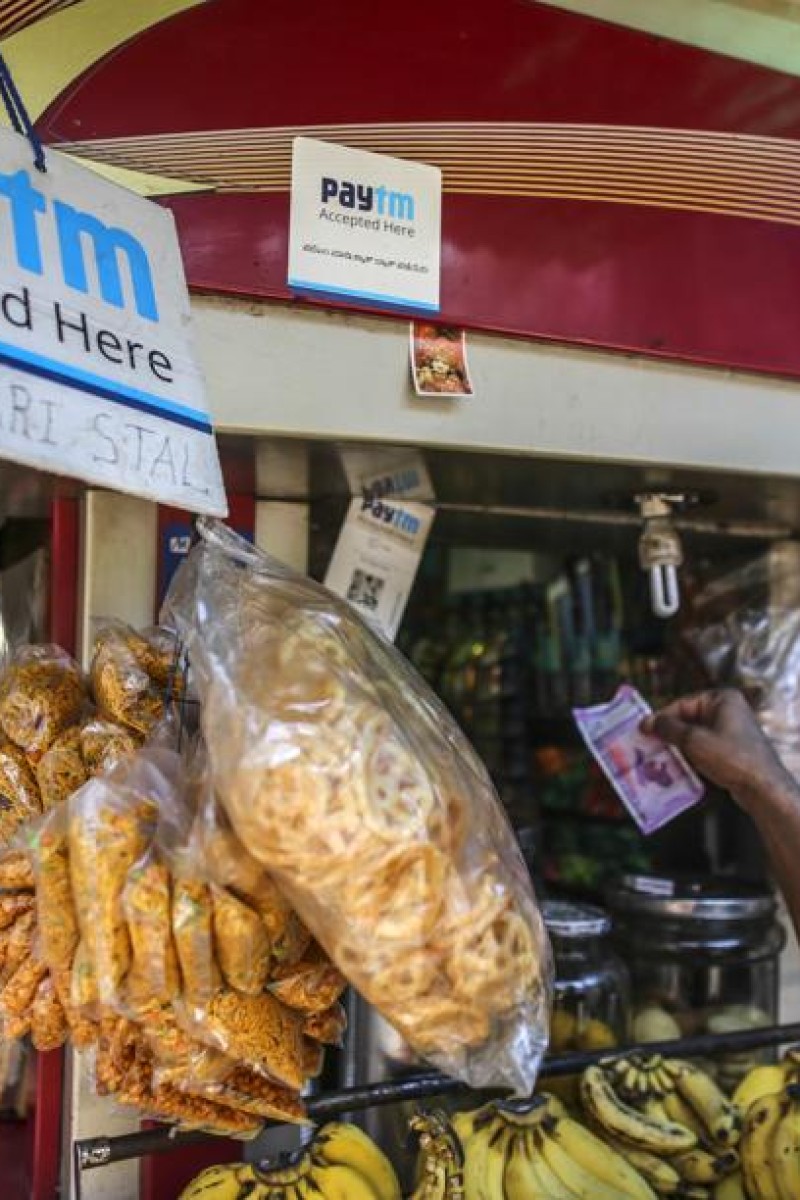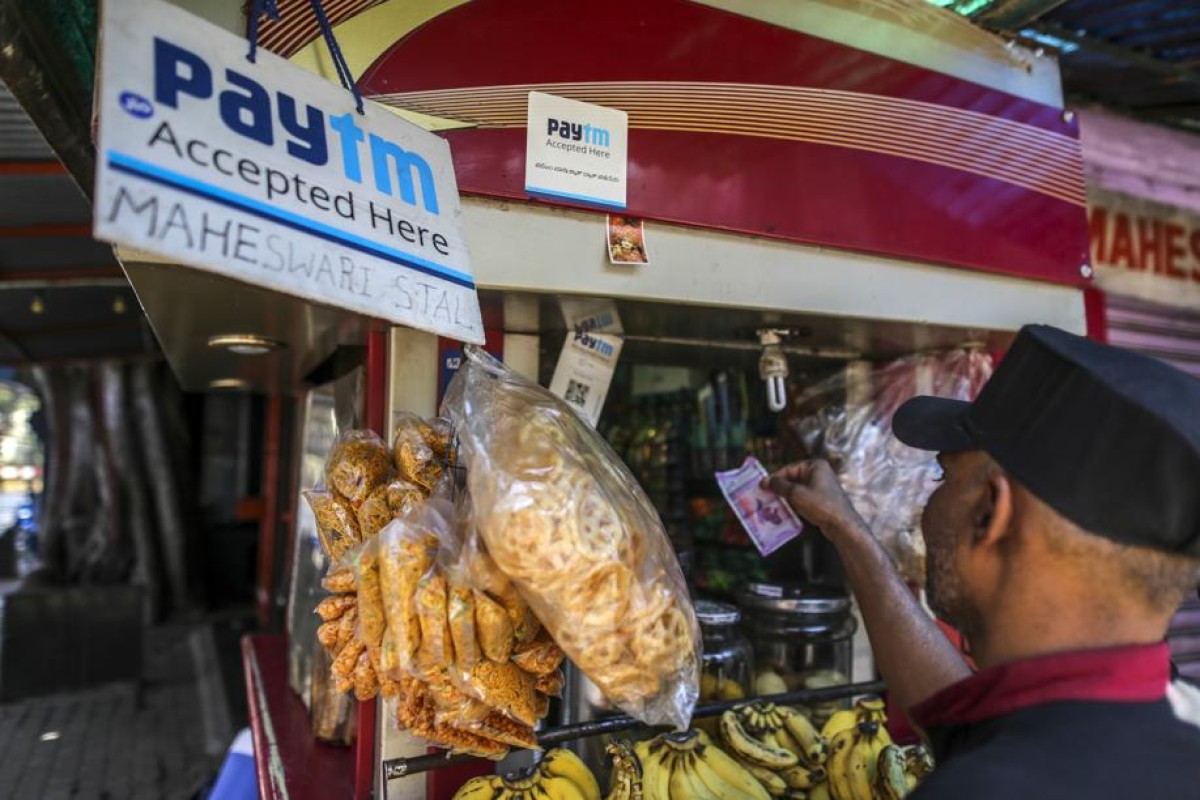
Indian Prime Minister Narendra Modi's demonetisation meant to tackle corrupt criminals, actually affects ordinary folk
The Indian government's demonetisation may only have a limited effect in exposing black money, but cause potential long-term damage to the country's economy

 Demonetisation has been criticised for mainly affecting the poor, not corrupt, rich people.
Demonetisation has been criticised for mainly affecting the poor, not corrupt, rich people.In an address to the country last November, Indian Prime Minister Narendra Modi made a shock announcement. He said that 500- and 1,000-rupee notes would no longer be legal tender. The move to take the bills out of circulation – the economic term is “demonetisation”– led to a frenzied reaction.
Most of the money circulating in India comes in 500- and 1,000-rupee notes, so the demonetisation rendered huge amounts of cash worthless unless exchanged within a relatively brief period of time. After the sudden announcement, long queues formed outside banks across the country, with people waiting for several hours to exchange their money.
The government’s objective was to expose “black money” acquired through corruption and shady dealings. Many real estate deals in India, for example, involve some amounts of cash, thereby evading the banking system and any institutional supervision. This can allow criminal activity to flourish.
By declaring the 500- and 1,000-rupee notes invalid, the government essentially forced those with illegally obtained money to either lose the cash or to deposit it in banks and be placed under investigation as a result. The government says they do not intend to investigate new deposits under 250,000 rupees (HK$29,000), focusing only on large sums of money that may signify illicit activity.
It is important to note, however, that most high-value notes in India are not in circulation due to nefarious activities. A significant portion of India’s economy operates outside the banking system and away from the eyes of the taxman. This is largely due to red tape and other governmental impediments to formal business. Such informal activity is not illegal, and it has in fact been tacitly encouraged by government officials in the past, hoping that it will help drive economic growth.
The general consensus is that demonetisation will have negative short-term economic consequences for India. This is hardly surprising, given that Modi’s “hasty” decision caused severe disruption to business and an adverse impact on productivity.
In response to relentless criticism that demonetisation was harming the poor and farmers, the government responded with measures that included exemptions for certain groups and some extensions.
The longer term effects of the programme, and its ability to tackle the key issue of corruption, are a matter of considerable debate.
Some argue that the interference to economic activity may see business come to a complete standstill, seriously harming the economy beyond the short term. Others say that, instead of large-scale bureaucratic action, tax concessions and the easing of government regulations would have helped boost economic growth and reduced the incentive to
avoid tax.
Another matter of concern is that demonetisation may not help expose much illicit money after all. Black money is stored mostly in assets such as gold or real estate, not cash. In addition, those with cash stockpiles can simply distribute the money among others, ask them to deposit it in their personal bank accounts, and then transfer it back later for a fee.
Despite the controversy, demonetisation has sent a strong message that the Indian government sees tackling corruption as a top priority. Was demonetisation the best way to do this? Considering the potential damage it could do to the economy and its limited impact, maybe not. Ultimately, the stern warning sent out by the policy may be its greatest positive effect.
